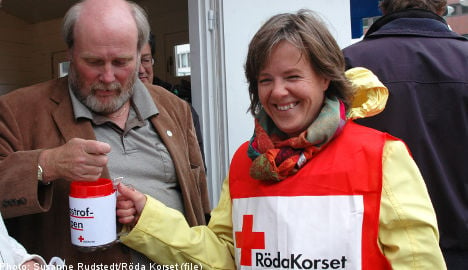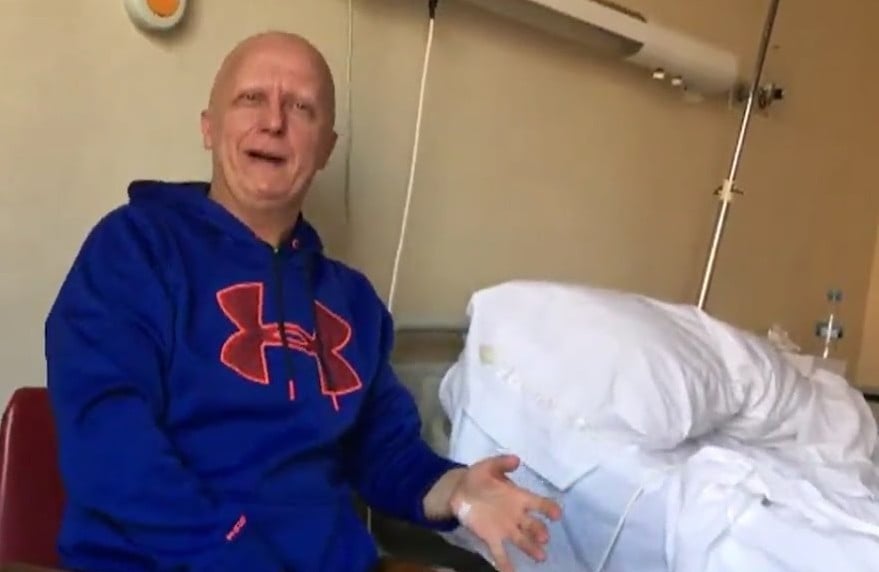The ranking comes from the World Giving Index, the first survey to analyse charitable behaviour around the world on a large scale and compiled by the UK-based Charities Aid Foundation (CAF).
Australia and New Zealand topped the Index, while Madagascar came in last.
CAF used a Gallup survey to evaluate the charitable behaviour of people in 153 countries representing 95 percent of the world’s population.
The survey looked at the percentage of the population that donated to a charity, volunteered time to an organization, and helped a complete stranger or someone they did not know.
It also asked respondents whether they had given money to charity in the last month and to rank how happy they were with life on a scale of one to ten.
Overall, Sweden achieved a score of 37 percent in the ranking. According to the index, 52 percent of Swedes gave money, 12 percent gave time, and 47 percent helped a stranger. CAF also gave Sweden a well being score of 7.5 out of 10 overall.
By contrast, Sweden is the most generous country in the world in terms of official development assistance as a percentage of gross national income, giving 1.12 percent, according to an April OECD survey. It is also eighth overall in absolute terms, donating $4.55 billion in 2009.
But Sweden didn’t rank as wel in the World Giving Index in comparison to its Nordic neighbours. Iceland, for example, came in 14th place, Denmark tied for the 18th spot, and Norway came in 25th place.
Other European countries on the list included Ireland, tied for 3rd with Canada; Switzerland, which shared 5th with the US; the Netherlands (7th); the UK (tied at 8th with Sri Lanka); and Austria in 10th place.
For all countries, CAF compared the strength of the relationship between giving with both a nation’s GDP and the happiness of its population. CAF found that the link between happiness and giving is stronger than wealth.
“Donating money to charity is something that is traditionally seen as being driven by how wealthy a person is,” director of research Richard Harrison said in a statement.
“However, it is clear that happiness plays an important role in influencing whether people give.”
While only 4 percent of Lithuanians had donated money to charity when the study was conducted in March 2010, 83 percent of Maltese demonstrated their generosity financially.
Separately, volunteerism ranged from only 2 percent in Cambodia to 61 percent in Turkmenistan.
Numbers also varied widely within each country. Although 8 percent of Liberians gave to charity every month, 76 percent of them helped a stranger, more than any country in the world.
Overall, 20 percent of respondents had volunteered time, 30 percent had given money and 45 percent had helped a stranger.



 Please whitelist us to continue reading.
Please whitelist us to continue reading.
Member comments